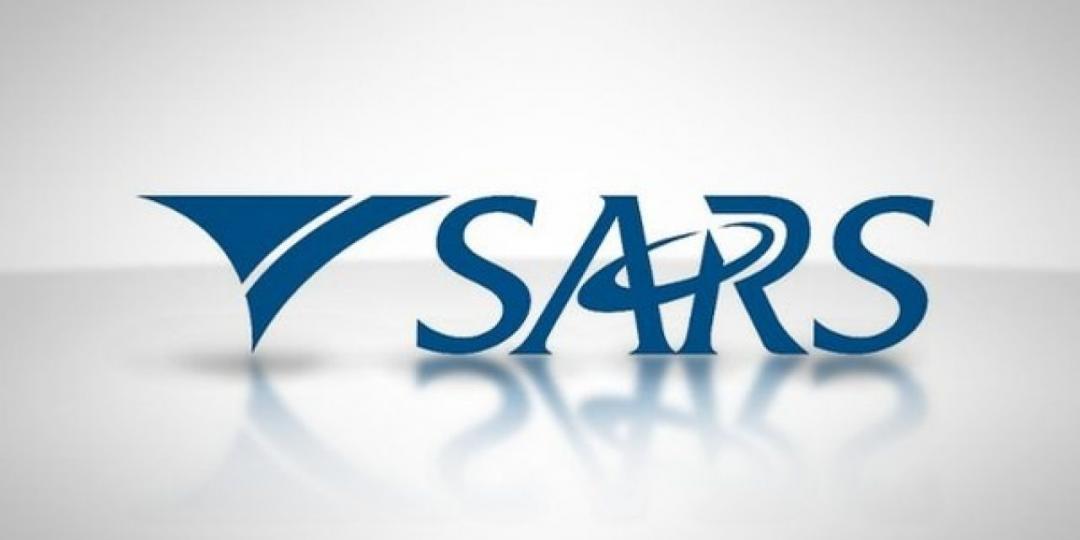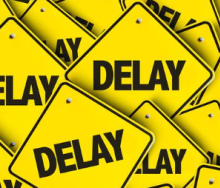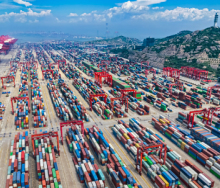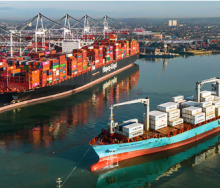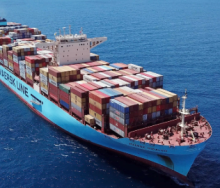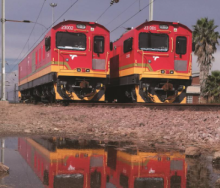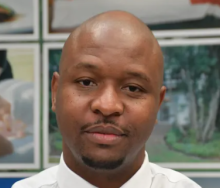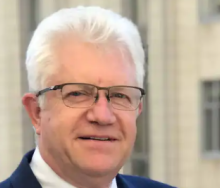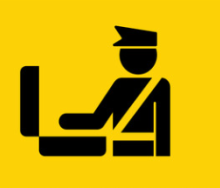The South African Revenue Service (Sars) has identified collaboration with the private sector as a key goal for the year ahead.
Speaking at a Transport Forum webinar, Lucky Molefa, Sars executive for cross-border coordination, said it was possible that by working together far more could be achieved.
“We have to collaborate more with the private sector and leverage off their knowledge and expertise,” he said.
In the new Sars strategy plan – Vision 2024 – the focus locally would be on voluntary compliance, he said.
“This means we are going to assume that most traders that cross our borders are compliant - or at least that they want to comply. We must take this approach because the next step is how we can help them comply and reduce the cost and hassles they go through at the border posts.”
Molefa said streamlining processes was high on the agenda, including leveraging available data and using emerging technology to improve border management.
“Another important question we have asked is whether we need to do all our controls at the border - and the answer is no. Our approach is how do we move controls away from the border posts as much as possible?”
The country’s ambition is to no longer stop compliant traders/transporters/agents/forwarders/shippers. “If we have done the risk assessment and we know the client, if it is a trusted trader, then that traffic must flow without being stopped. A boom gate should open and the trucks cross.”
The second concept Sars was touting was that of one-stop borders. “This only comes into play if there is a reason for us to intervene. If we need to stop a truck, we stop it once and inspect once. Does that have to be at the border post if it is a trusted trader? The answer is probably not.”
Sars was tasked with facilitating trade on the one hand – but it was just as important, said Molefa, to ensure non-compliant traders were not abusing the system.
"We also have a mandate to ensure safety and security. Rooting out criminal elements is important, ensuring the government is not defrauded and illegal and unsafe goods are not brought into South Africa."
Molefa said they had also identified skills development as an area of improvement. “It is essential that customs officials understand the supply chain,” he said. “Our customs officials need to know the impact of stopping and delaying a truck. There has to be understanding of the costs their actions have on the economy and Sars. The mindset of officers on the ground has to fit with what we want to achieve as a country.”
